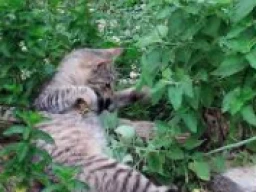
Pet Stores
When purchasing a pet it is important to make sure that the pet store you choose to use is one you feel confident and comfortable with.
Read more
A Fish Pond in my garden
Fish ponds can be a great addition to your backyard or garden, providing a tranquil and relaxing environment while also supporting aquatic life. Here are some important things to consider before starting a fish pond
Read more
How to set up a Tropical Fish Tank
Remember, it's important to research the specific care requirements of any fish species you plan to keep and ensure that they are compatible with each other.
Read more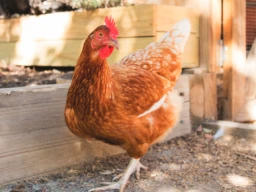
Backyard Chickens 101
Curious about raising Chickens? Learn how to keep happy, healthy backyard Chickens as Pets in South Africa—from setup to care, breed selection, and egg-laying tips.
Read more
Nourishing Your New Best Friend: A Guide to Puppy Food and Weaning
One of the key milestones in a puppy's journey is the transition from milk to solid food, a process known as weaning.
Read more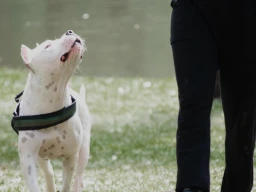
Why do you need an animal behaviourist and how do you go about finding the correct one.
Remember that animal behaviorists often work in collaboration with veterinarians to ensure a holistic approach to your pet's well-being.
Read more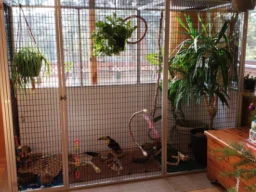
What to feed my indoor birds.
Feeding and caring for indoor birds requires attention to their specific dietary needs, as well as providing a clean and safe environment.
Read more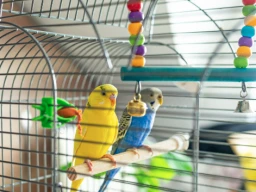
What I need to know when buying a bird cage
Selecting the right indoor bird cage and accessories depends on the species and size of the bird you have.
Read more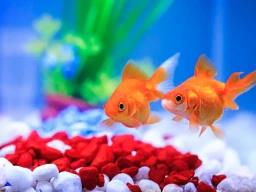
Help! My kids want a fish tank
A fish tank is generally a better option than a fish bowl for beginners, as it provides a more suitable environment for fish to thrive.
Read more
Preserving Memories: The Magic of Pet Portraits
Pet portraits are more than just paintings; they're tributes to the special bond we share with our pets
Read more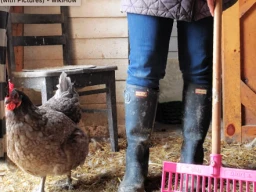
Cleaning out your chicken Coop
Cleaning out your chicken coop is an essential task to maintain a healthy and comfortable environment for your chickens.
Read more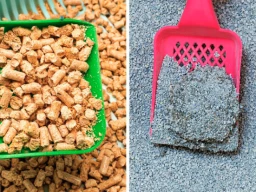
What Cat Litter is Best
When choosing a litter for your cat, it's important to consider your cat's preferences and any special needs they may have.
Read more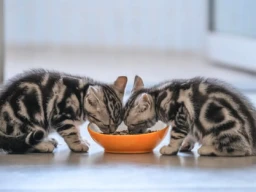
What to feed your kitten and why
Feeding your kittens a well-balanced and appropriate diet is crucial for their growth and development.
Read more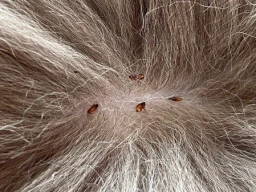
Tick Flea and worming products for cats
Ultimately, the choice between natural and commercial products depends on your cat's individual needs and your comfort level with different options
Read more
Pros and Cons of feeding raw dog food
It is important to note that raw and frozen dog food diets are not suitable for all dogs.
Read more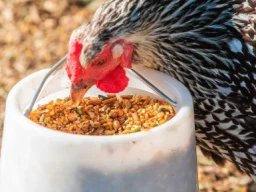
Understanding the Different Types of Chicken Feed: Which One Is Right for Your Flock?
Learn about the different types of chicken feed available, including starter, grower, and layer feed, and choose the right one for your flock's age and purpose. Keep your chickens healthy with the proper nutrition.
Read more


